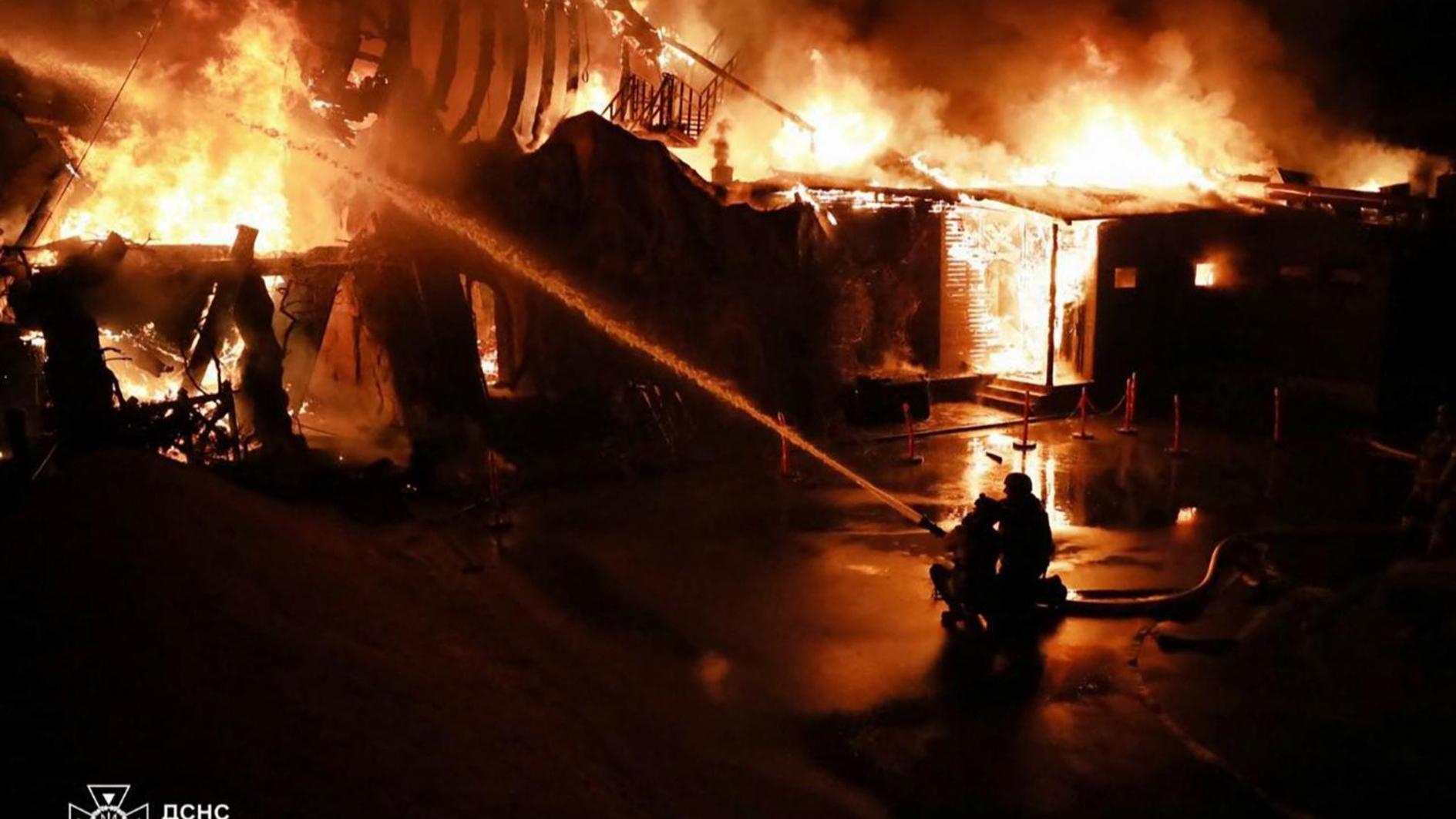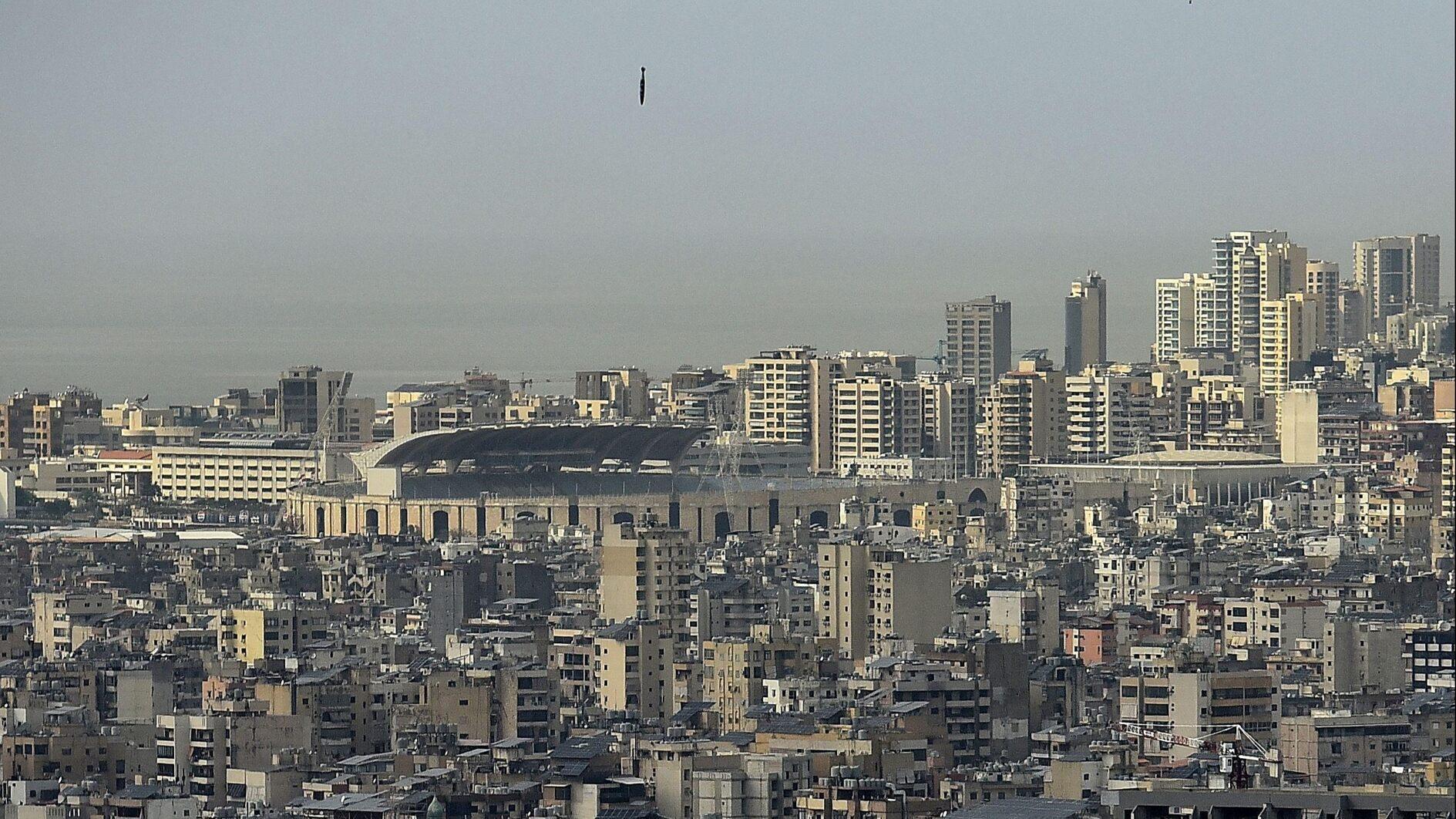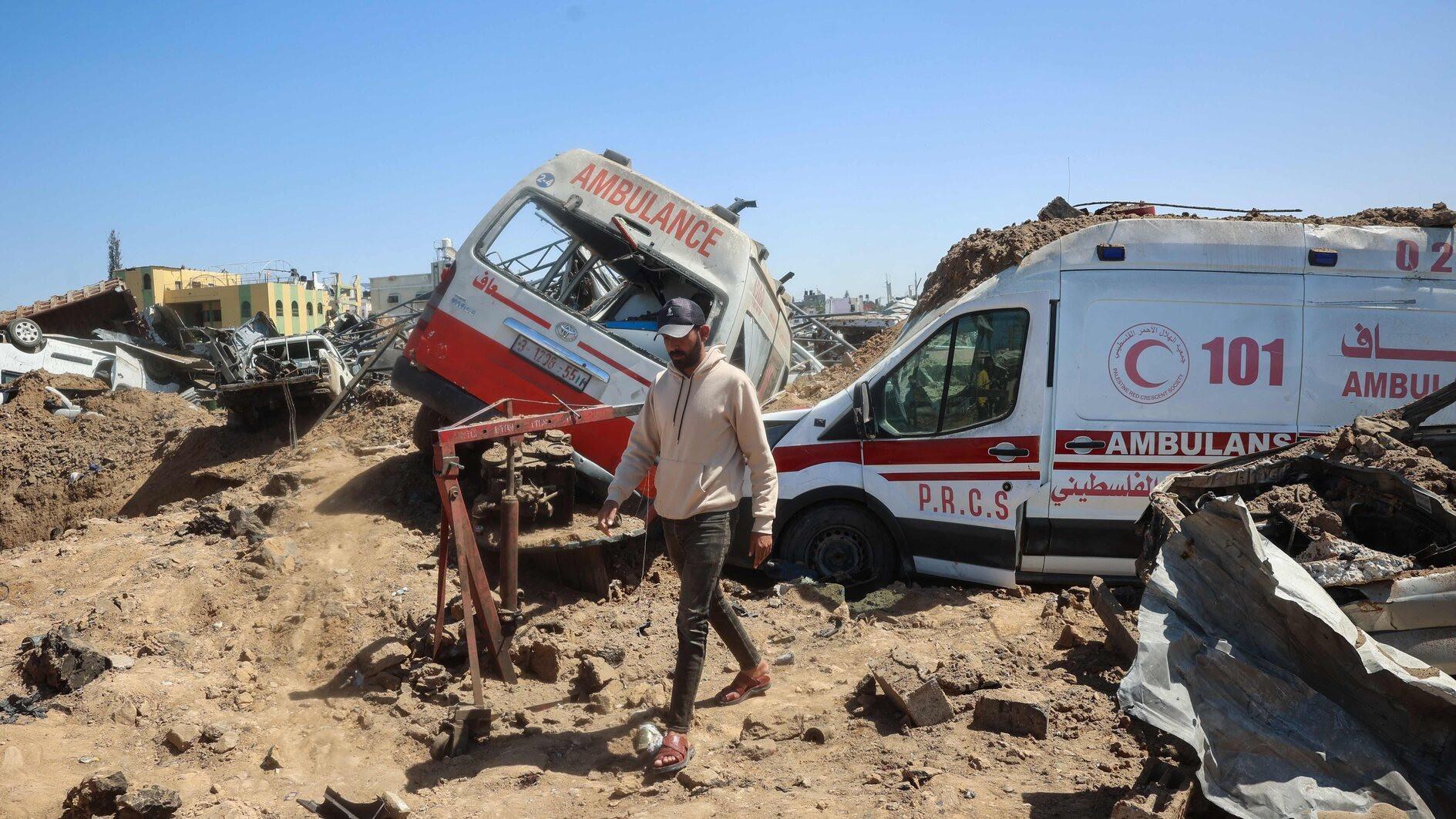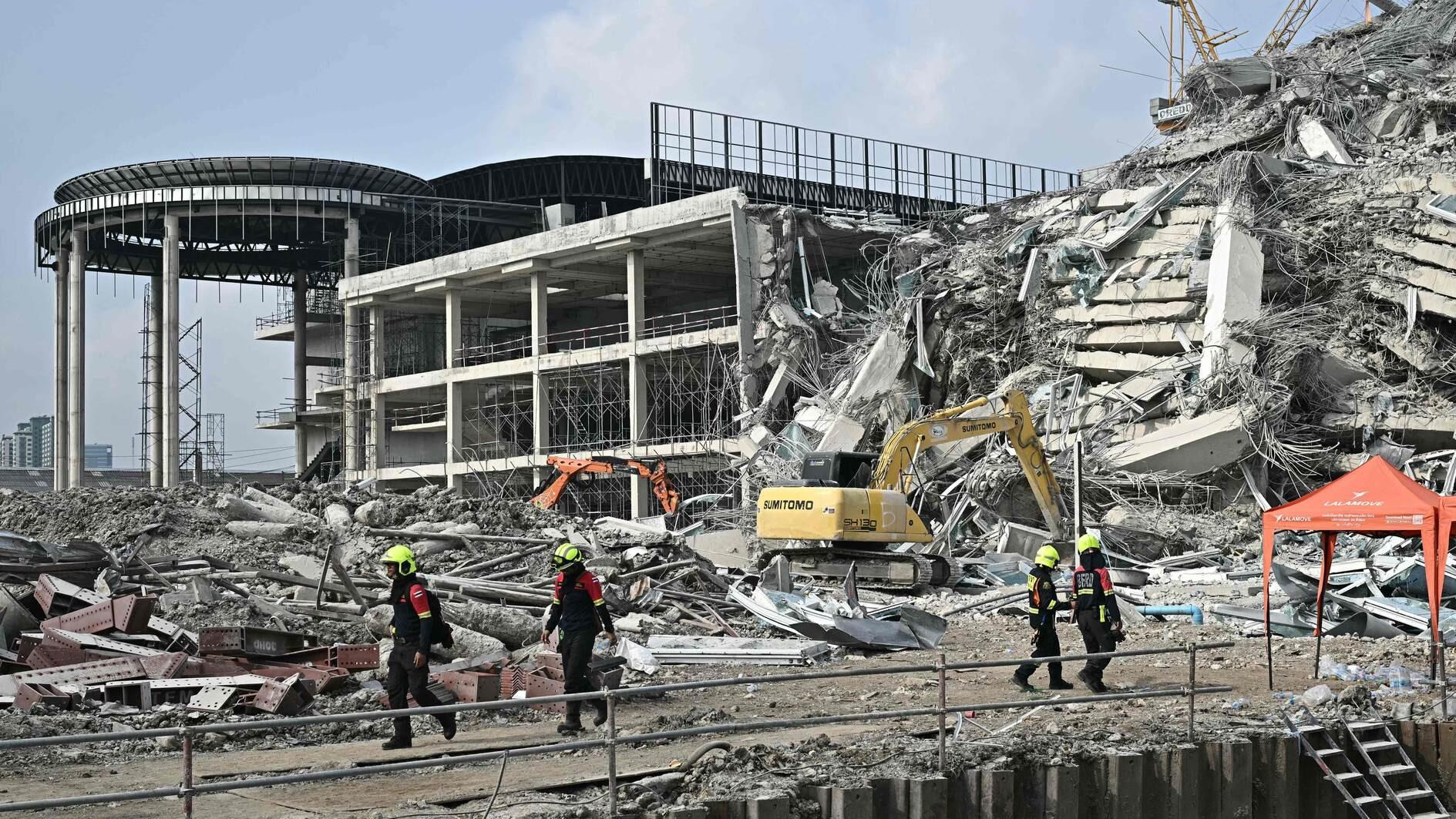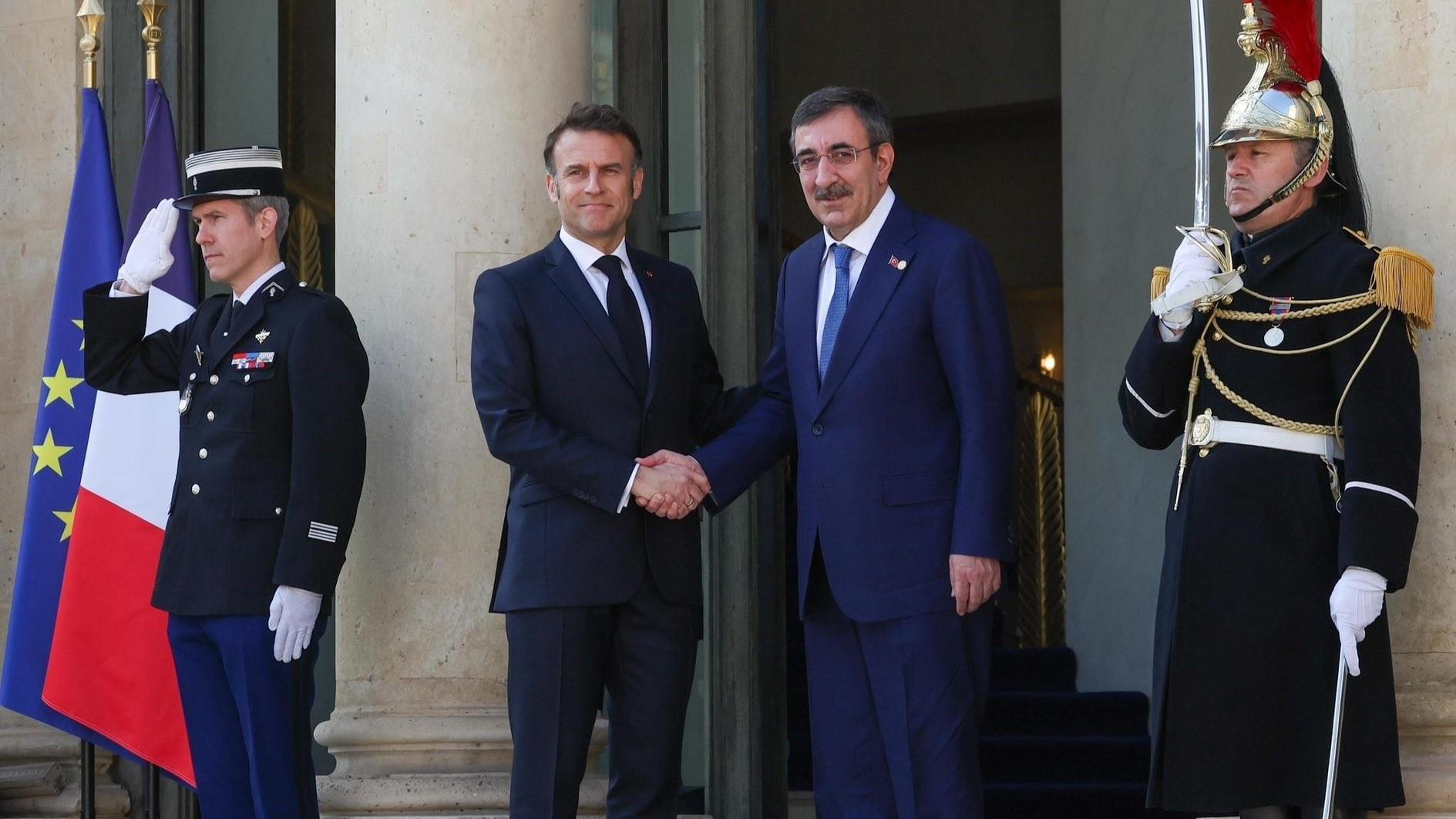Putin plans asymmetric radar reply
MOSCOW
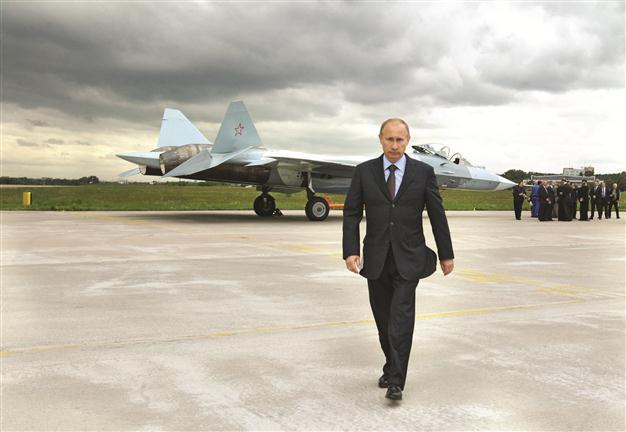
Russian Prime Minister Vladimir Putin walks after inspecting a new Russian fighter jet in this file photo. Putin says Russia will purchase more than 400 intercontinental ballistic missiles (inset.) AP photo
Russian Prime Minister Vladimir Putin vowed yesterday that Russia would strengthen its military might and offer an “asymmetrical and effective” response to the deployment of a NATO missile shield.Russia must implement strong countermeasures to respond to NATO’s planned deployment of a missile shield in Europe, Putin wrote in an article on national security in the state newspaper Rossiyskaya Gazeta, ahead of his bid for a third Kremlin term in the March 4 presidential polls.
“The time demands decisive steps to strengthen a single system of air and space defense of our country. We are being pushed towards these actions by the policy of the United States and NATO on the question of deploying a missile shield,” Putin wrote.
He said Russia should not try to create a “costly” rival shield but its strategic nuclear forces and air and space defense forces should aim to “overcome any system of missile defense.” “In this question there cannot be too much patriotism,” Agence France-Presse quoted Putin as saying.
Leaders of the NATO alliance gave their backing in 2010 for the Europe-wide ballistic missile shield – which officials say is aimed at thwarting missile threats from the Middle East, particularly Iran. Turkey hosts a radar system in the eastern province of Malatya as part of the NATO anti-missile project.
Putin has dismissed the U.S. claim the prospective shield was intended to counter the Iranian missile threat, saying its real goal was to erode Russia’s nuclear deterrent.
“Russia’s military and technical response to a global American missile shield and its segment in Europe will be effective and asymmetrical,” he said. “And it will fully correspond to the United States’ steps on the missile shield.”
Key instrument of modern warfare
While a nuclear conflict looks unlikely, scientific progress leads to the emergence of new weapons that could change the character of war, Putin said, the Associated Press reported. He specifically referred to precision long-range non-nuclear weapons, saying they emerge as a key instrument of modern warfare.
“We must not tempt anyone with our weakness,” Putin said. “Therefore we will never in any circumstances give away our potential of strategic deterrence and will strengthen it,” he said in his sixth campaign article laying out his political beliefs.
Putin said the government plans spending about $770 billion on modernizing its armed forces and defense industry over the next decade by purchasing more than 400 intercontinental ballistic missiles, more than 600 combat aircraft, dozens of submarines and other navy vessels and thousands of armored vehicles.
“Within the next decade, the armed forces will receive more than 400 modern ground- and sea-based intercontinental ballistic missiles, eight ballistic missile submarines, about 20 general purpose attack submarines, over 50 surface ships and some 100 military-purpose spacecraft,” Putin said, Russian Ria Novosti news agency reported.
He said the number will also include “over 600 modern aircraft, including fifth-generation fighters, more than a thousand helicopters, 28 regimental sets of S-400 [SA-21 Growler] surface-to-air missile systems, 38 division sets of Vityaz air defense systems, 10 brigade sets of Iskander-M (SS-26 Stone) tactical missile systems, more than 2,300 modern tanks, some 2,000 self-propelled artillery systems and guns, as well as more than 17,000 military vehicles.”
Russian President Dmitry Medvedev was expected to meet the organizers of
opposition rallies for the first time since the start of protests that
pose a growing challenge to Prime Minister Vladimir Putin. Medvedev will
meet former Deputy Prime Minister Boris Nemtsov, left-wing leader
Sergei Udaltsov, liberal politician Vladimir Ryzhkov and other Kremlin
critics to discuss political reforms, the opposition leaders and Russian
media said. The meeting is the first known direct high-level contact
between the opposition and the Kremlin since the protests began in
December.
MOSCOW-Reuters


